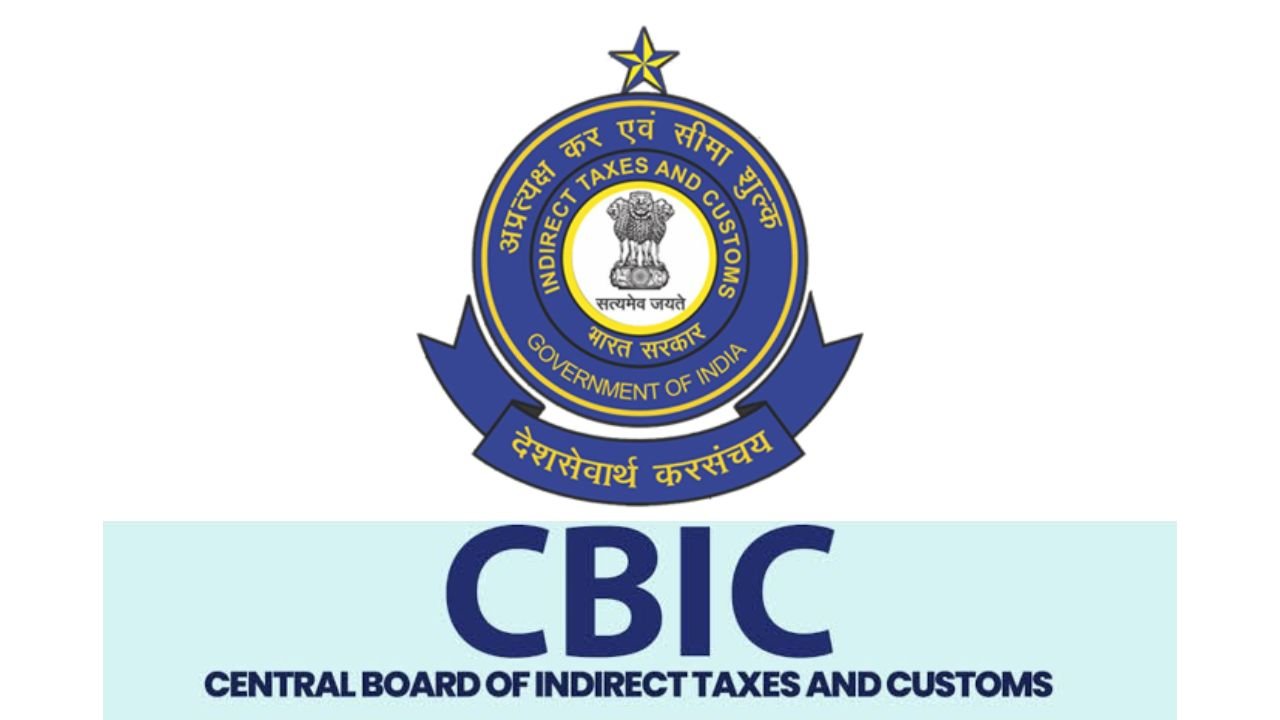Mumbai | November 12, 2025 | In a major breakthrough against organized cybercrime networks, the Central Bureau of Investigation (CBI) has arrested a bank manager from a private bank in Mumbai for his alleged involvement in facilitating mule accounts that were used in digital arrest and other cyber fraud cases.
According to the investigation, the accused official, in collusion with cybercriminals, accepted bribes and misused his official position to process fraudulent account openings. These accounts were later used to transfer and conceal proceeds of cybercrime from various online scams.
The CBI stated that the arrested officer played a “crucial role” in enabling the digital financial network that supported cybercriminal operations across multiple states.
Cybercriminals paid bribes to bank official
Investigations revealed that two cybercriminals had paid illegal gratification to the bank manager in exchange for helping them open multiple mule accounts. These individuals had already been arrested by the CBI earlier this year in connection with a Digital Arrest Cybercrime case.
Both accused have now been named in a new FIR filed under the Prevention of Corruption Act, which covers offenses related to bribe-giving and collusion with public servants.
Sources said that the accounts opened through this network were used for routing money siphoned off from victims of phishing, digital arrest scams, and fraudulent investment schemes.
Network exploited banking loopholes
Evidence collected so far points to a wider pattern of organized cybercrime wherein fraudsters exploited weak internal controls in banks to open mule accounts using fake or stolen documents. These accounts became the primary channels for layering stolen funds—making it difficult for authorities to trace the original source.
Officials said the arrested bank manager was aware that these accounts were being used for suspicious activities but continued to process applications for personal gain.
The CBI noted that such complicity within financial institutions not only facilitates cybercrime but also undermines the trust in the banking system.
CBI warns bankers of strict action
In its statement, the CBI emphasized that any active or passive role of bank officials, including those working in private or cooperative banks, in facilitating cybercrime, will invite action under the Prevention of Corruption Act and Bharatiya Nyaya Sanhita (BNS).
“CBI is committed to identifying and taking strict action against bankers who abuse their official position to aid cybercriminals,” the agency said.
The Bureau added that it has intensified surveillance on financial institutions and is coordinating with the Reserve Bank of India (RBI) to plug systemic vulnerabilities that allow such fraudulent account openings.
Produced in court, remanded to CBI custody
The arrested bank manager was produced before a special CBI court in Mumbai and has been remanded to CBI custody for further interrogation.
Investigators are now questioning him to determine how many mule accounts were opened under his supervision and whether more bank employees were part of the network.
Officials are also analyzing transaction records, communication logs, and CCTV footage from the concerned branch to track the flow of illicit funds.
Understanding the “Digital Arrest” scam
The “Digital Arrest” scam has emerged as one of the fastest-growing cybercrimes in India. In such cases, scammers impersonate law enforcement or government officials, often claiming that the victim’s bank account is involved in illegal activity.
They then coerce victims through video calls or fake notices, claiming that they are being “digitally arrested” and must pay money to avoid legal trouble.
Fear and confusion often lead victims to transfer large sums directly into accounts controlled by the fraudsters.
CBI urges public vigilance
The CBI reiterated its advisory to citizens:
“Do not click on unknown links, share personal details, or make payments to individuals posing as government or police officials. Always verify through official websites or helpline numbers.”
Victims of such frauds are urged to immediately contact the National Cybercrime Helpline 1930 or file complaints at www.cybercrime.gov.in.


